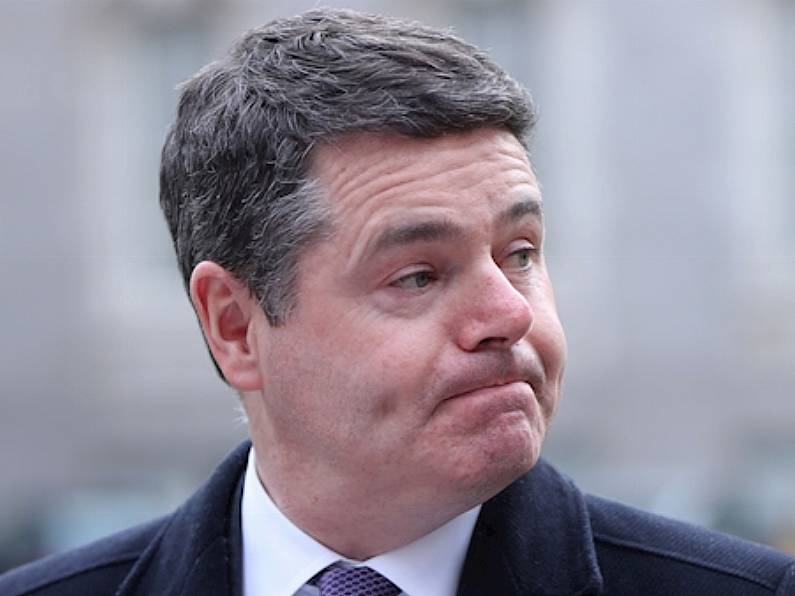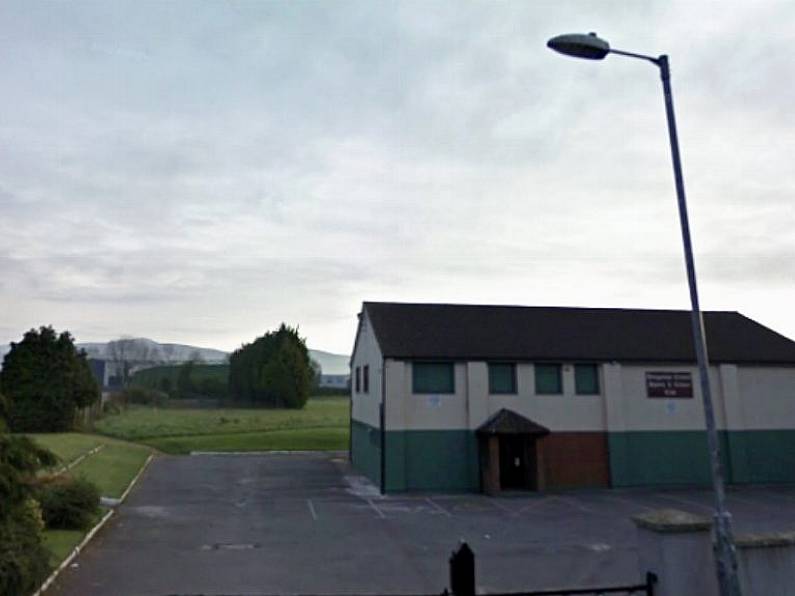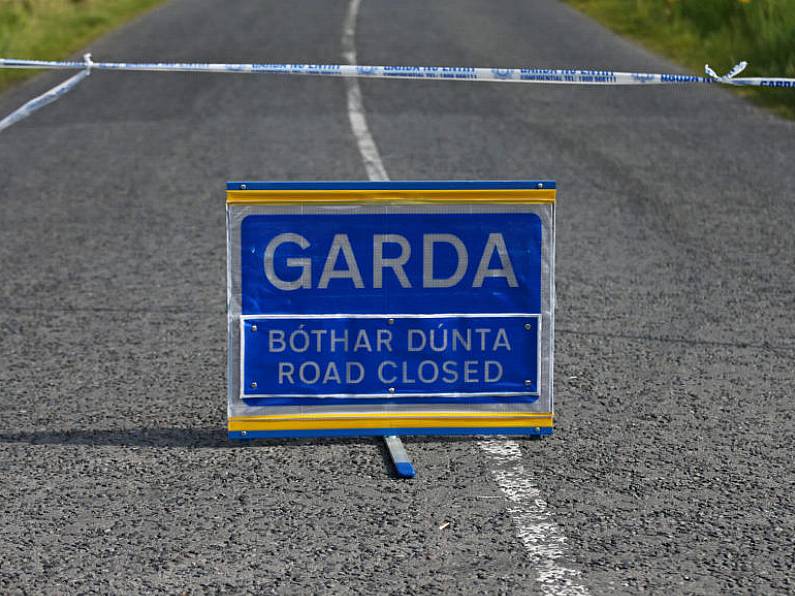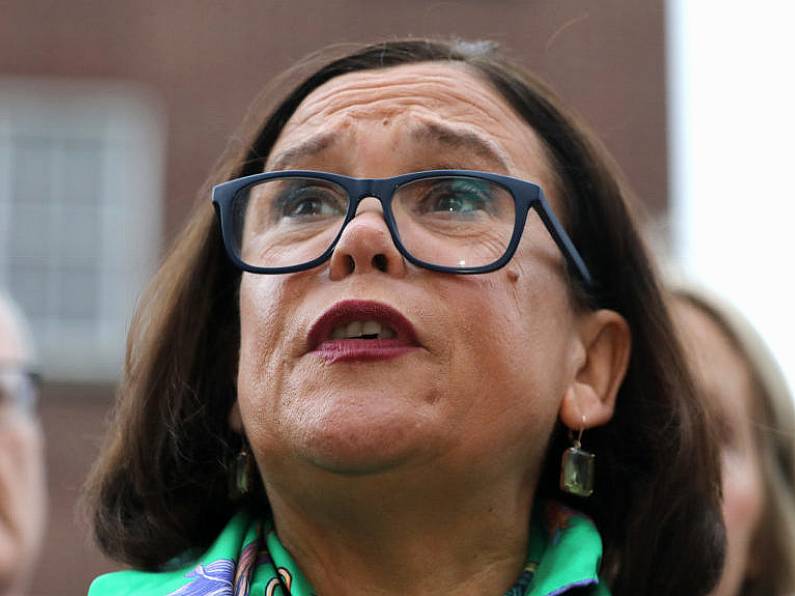Ireland has continued to collect more tax than it expected early in the COVID-19 pandemic, beating forecasts in September for the fifth straight month to keep the year-on-year decline in the overall tax take to 3% so far this year. The exchequer deficit stood at €9.4 billion at the end of September, having been in surplus for the previous two years.
Government spending reached €48.13 billion by the end of last month, €9.6 billion, or 25 per cent, more than during the first nine months of 2019.
The Department of Finance forecast in April that state revenues would fall 16% this year due to pandemic disruption. But a strong pre-crisis start to the year, a better than expected income tax take, and a surge in corporate tax receipts meant revenues were little changed in the first six months. Ireland took in €1.54 billion in income tax in September compared with the €1.14 billion forecast.
That was still down 7.7% year-on-year, as parts of the economy remain shut due to recently tightened restrictions and a cautious reopening plan. The €2 billion in VAT returns last month were slightly ahead of expectations but down 14% year-on-year, while lower monthly corporate tax returns were twice what had been anticipated.
“The rise in expenditure primarily reflects increased departmental drawdown in response to the Covid-19 pandemic, particularly in relation to the Department of Health and the Department of Employment Affairs and Social Protection,” said a statement.
The Department earlier this week bumped up its 2020 economic growth forecasts, with gross domestic product seen falling by 2.5% and not the 10.5% previously estimated. Ireland's large and less affected multinational sector has shielded the economy from the worst of the crisis.
Still, the unemployment rate is set to average almost 16% this year and stay above 10.7% in 2021, with an unprecedented level of supports for those both in and out of work pushing government spending up 24.9% year-on-year in the first nine months.













